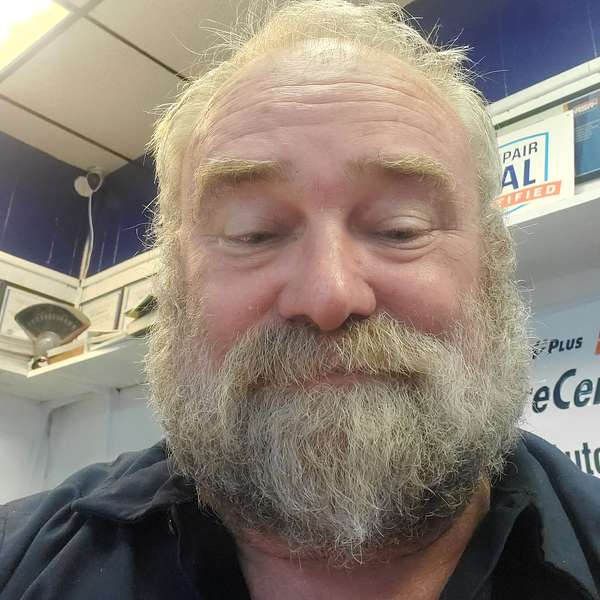
ASA Podcast
The ASA Podcast is the program for automotive professionals that keeps you ahead of What’s Now, What’s New and What’s Next in the business of automotive service and collision repair. By sharing information, insight and inspiration it will not just help you make a living, it will help you make a difference!
ASA Podcast
Episode 104 – Electrification: The Next Step
Use Left/Right to seek, Home/End to jump to start or end. Hold shift to jump forward or backward.
Episode 104 – Electrification: The Next Step
With rising concerns of environmental change and the continuing advance of technology, there’s been a lot of talk lately about the impact of electrification and what it means to the average automotive repair business. This episode begins our exploration of what’s now and what’s next in electric powertrains as we talk with Tony Mossuto, owner of Everything Automotive in Jacksonville, Florida.
Tony’s shop has been providing hybrid vehicle service for about three years now, and it represents about 3% of his business. He’s ASE-certified as a Light Duty Hybrid/Electric Vehicle Specialist (L3), among other certifications. “Change won’t happen overnight,” Tony says, “And the independent repair shops have been dealing with changing automotive technology all along. This is no different.” As he points out in this podcast, a lot of the maintenance work will involve familiar systems like brakes, steering & suspension, tires, electrical and diagnostic work. What will change is the need for the knowledge and equipment necessary to deal with advanced computer networks and control systems unique to EVs.
Listen in as Tony shares his thoughts on such topics as:
· Why hybrids and electric vehicles are here to stay.
· The importance of getting trained before jumping into the market.
· Why most repair shops will continue to service both EV and ICE vehicles.
· The impact of electric vehicles in the shop.
· What new equipment will be required to service EV’s.
· Why shops servicing hybrids are probably already equipped to handle EV’s.
· What training is now available to help prepare for an electric future.
· The value of virtual EV training to himself and his technicians.
· The concerns over battery recycling and what is being developed to handle this.
· The growing need for more individualized training for different OEM systems.
· The challenge of finding service information on hybrids and EVs on some vehicles.
· The amazing talent we already have in our industry and the rise of a new crop of technicians to take us to the next level.